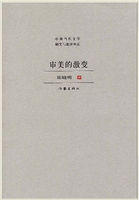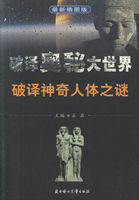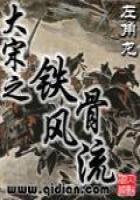(April 1839)
The state in its Relations with the church. By W. E. GLADSTONE, Esq. Student of Christ Church, and M.P. for Newark. 8vo. Second Edition. London: 1839.
THE author of this volume is a young man of unblemished character, and of distinguished parliamentary talents, the rising hope of those stern and unbending Tories who follow, reluctantly and mutinously, a leader whose experience and eloquence are indispensable to them, but whose cautious temper and moderate opinions they abhor. It would not be at all strange if Mr. Gladstone were one of the most unpopular men in England. But we believe that we do him no more than justice when we say that his abilities and his demeanour have obtained for him the respect and goodwill of all parties. His first appearance in the character of an author is therefore an interesting event; and it is natural that the gentle wishes of the public should go with him to his trial.
We are much pleased, without any reference to the soundness or unsoundness of Mr. Gladstone's theories, to see a grave and elaborate treatise on an important part of the Philosophy of Government proceed from the pen of a young man who is rising to eminence in the House of Commons. There is little danger that people engaged in the conflicts of active life will be too much addicted to general speculation. The opposite vice is that which most easily besets them. The times and tides of business and debate tarry for no man. A politician must often talk and act before he has thought and read. He may be very ill informed respecting a question; all his notions about it may be vague and inaccurate; but speak he must; and if he is a man of ability, of tact, and of intrepidity, he soon finds that, even under such circumstances, it is possible to speak successfully. He finds that there is a great difference between the effect of written words, which are perused and reperused in the stillness of the closet, and the effect of spoken words which, set off by the graces of utterance and gesture, vibrate for a single moment on the ear. He finds that he may blunder without much chance of being detected, that he may reason sophistically, and escape unrefuted. He finds that, even on knotty questions of trade and legislation, he can, without reading ten pages, or thinking ten minutes, draw forth loud plaudits, and sit down with the credit of having made an excellent speech. Lysias, says Plutarch, wrote a defence for a man who was to be tried before one of the Athenian tribunals. Long before the defendant had learned the speech by heart, he became so much dissatisfied with it that he went in great distress to the author. "I was delighted with your speech the first time I read it; but 1 liked it less the second time, and still less the third time; and now it seems to me to be no defence at all." "My good friend," says Lysias, "you quite forget that the judges are to hear it only once." The case is the same in the English Parliament. It would be as idle in an orator to waste deep meditation and long research on his speeches, as it would be in the manager of a theatre to adorn all the crowd of courtiers and ladies who cross over the stage in a procession with real pearls and diamonds. It is not by accuracy or profundity that men become the masters of great assemblies. And why be at the charge of providing logic of the best quality, when a very inferior article will be equally acceptable? Why go as deep into a question as Burke, only in order to be, like Burke, coughed down, or left speaking to green benches and red boxes?
This has long appeared to us to be the most serious of the evils which are to be set off against the many blessings of popular government. It is a fine and true saying of Bacon, that reading makes a full man, talking a ready man, and writing an exact man.
The tendency of institutions like those of England is to encourage readiness in public men, at the expense both of fulness and of exactness. The keenest and most vigorous minds of every generation, minds often admirably fitted for the investigation of truth, are habitually employed in producing arguments such as no man of sense would ever put into a treatise intended for publication, arguments which are just good enough to be used once, when aided by fluent delivery and pointed language. The habit of discussing questions in this way necessarily reacts on the intellects of our ablest men, particularly of those who are introduced into Parliament at a very early age, before their minds have expanded to full maturity. The talent for debate is developed in such men to a degree which, to the multitude, seems as marvellous as the performance of an Italian Improvisatore. But they are fortunate indeed if they retain unimpaired the faculties which are required for close reasoning or for enlarged speculation. Indeed we should sooner expect a great original work on political science, such a work, for example, as the Wealth of Nations, from an apothecary in a country town, or from a minister in the Hebrides, than from a statesman who, ever since he was one-and-twenty, had been a distinguished debater in the House of Commons.
We therefore hail with pleasure, though assuredly not with unmixed pleasure, the appearance of this work. That a young politician should, in the intervals afforded by his parliamentary avocations, have constructed and propounded, with much study and mental toil, an original theory on a great problem in politics, is a circumstance which, abstracted from all consideration of the soundness or unsoundness of his opinions, must be considered as highly creditable to him. We certainly cannot wish that Mr. Gladstone's doctrines may become fashionable among public men.
But we heartily wish that his laudable desire to penetrate beneath the surface of questions, and to arrive, by long and intent meditation, at the knowledge of great general laws, were much more fashionable than we at all expect it to become.


